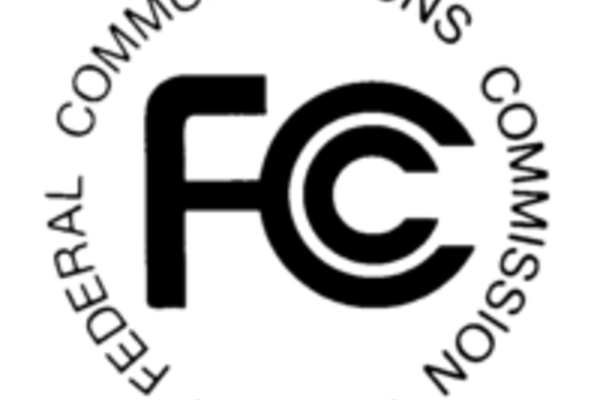FCC head wants internet competition and ISP transparency
Rich Fiscus
21 Sep 2009 16:46

In a presentation today at a Washington DC think tank today FCC Chairman Julius Genachowski outlined a his vision for a more proactive approach to net neutrality. In his prepared remarks he unveiled a proposal to amend his agency's official stance on internet regulation.
The FCC's current guidelines were outlined in a 2005 policy statement and consist of four basic principles.
- 1 To encourage broadband deployment and preserve and promote the open and interconnected nature of the public Internet, consumers are entitled to access the lawful Internet content of their choice.
- 2 To encourage broadband deployment and preserve and promote the open and interconnected nature of the public Internet, consumers are entitled to run applications and use services of their choice, subject to the needs of law enforcement.
- 3 To encourage broadband deployment and preserve and promote the open and interconnected nature of the public Internet, consumers are entitled to connect their choice of legal devices that do not harm the network.
- 4 To encourage broadband deployment and preserve and promote the open and interconnected nature of the public Internet, consumers are entitled to competition among network providers, application and service providers, and content providers.
The additional principles Chairman Genachowski wants to add to that list are clearly intended to address questions that have been raised in the last couple of years by the policies of several internet service providers.
The first would be a prohibition against limiting or blocking services that compete with a provider's own offerings, such as streaming video or phone service.
He said "This means they cannot block or degrade lawful traffic over their networks, or pick winners by favoring some content or applications over others in the connection to subscribers’ homes. Nor can they disfavor an Internet service just because it competes with a similar service offered by that broadband provider. The Internet must continue to allow users to decide what content and applications succeed."
Additionally he wants the FCC to adopt a transparency policy which would require providers to be open about their traffic management practices.
Although he avoided mentioning them by name, he cited the Comcast "traffic shaping" controversy involving that company secretly blocking certain certain types of internet traffic, most notably from P2P networks.
Although the FCC policy statement doesn't set hard and fast rules governing ISPs, they do provide a framework for the FCC to allow or prohibit particular ISP policies in the event of consumer complaints.
Former FCC Chairman Kevin Martin was criticized by some for his handling of the Comcast case because the current policy statement is short on specifics about what's considered legitimate network management.
While his ruling was completely consistent with those principles, particularly number 2, which statesconsumers are entitled to run applications and use services of their choice", it seemed to raise as many questions as it answered.
In particular it did nothing to stop ISPs from misleading customers about how traffic is handled and why in the future.
The chairman plans to begin the process of turning his proposal into official FCC policy at the agency's October meeting. It will begin with a Notice of Proposed Rulemaking, which will invite comments and suggestions from the public.
Once the notice is made you can submit your comments about the proposal to the FCC on their website.